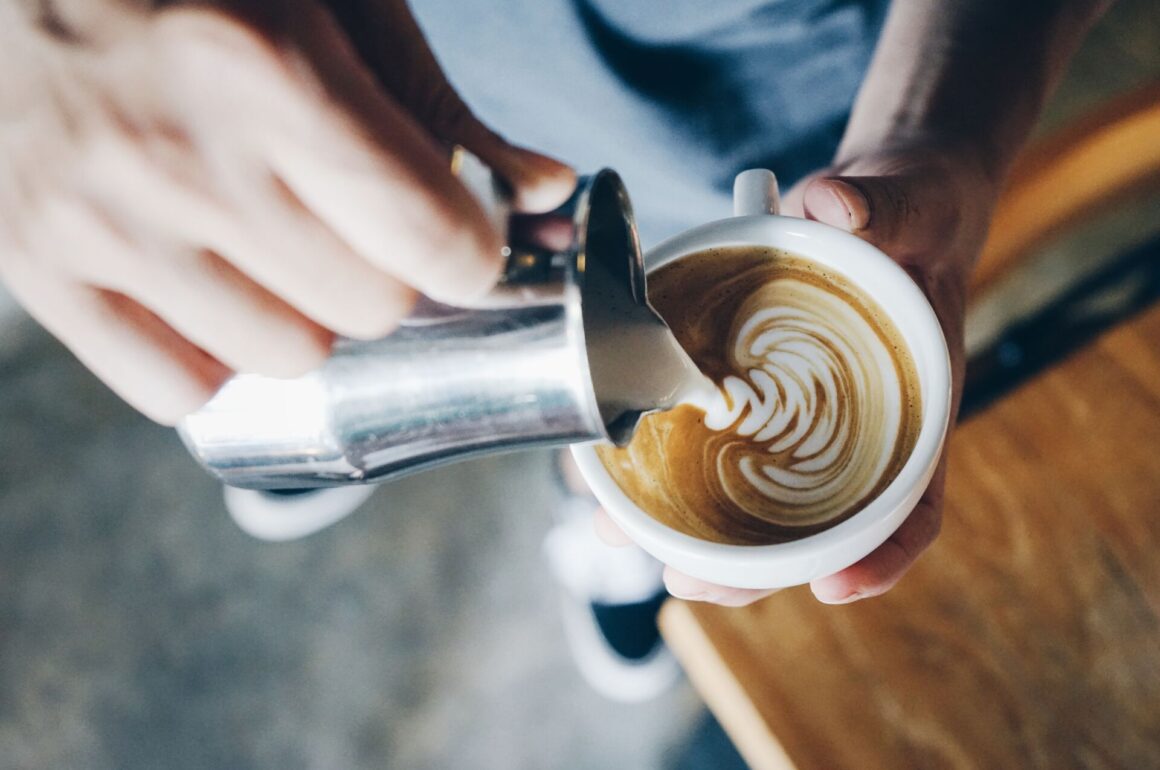
How much would you pay for a cup of award-winning coffee? US$100? That’s how much you can expect to pay for a cup of Panama’s Elida Geisha Natural 1029, thanks to the small scale of its production and the sought-after quality of the beans.
But what sets these beans apart from those that you’re more likely to find in your local corner coffee shop? Simple beans can yield an average cup or a gourmet coffee experience depending on how they’re grown, harvested, roasted, and served.
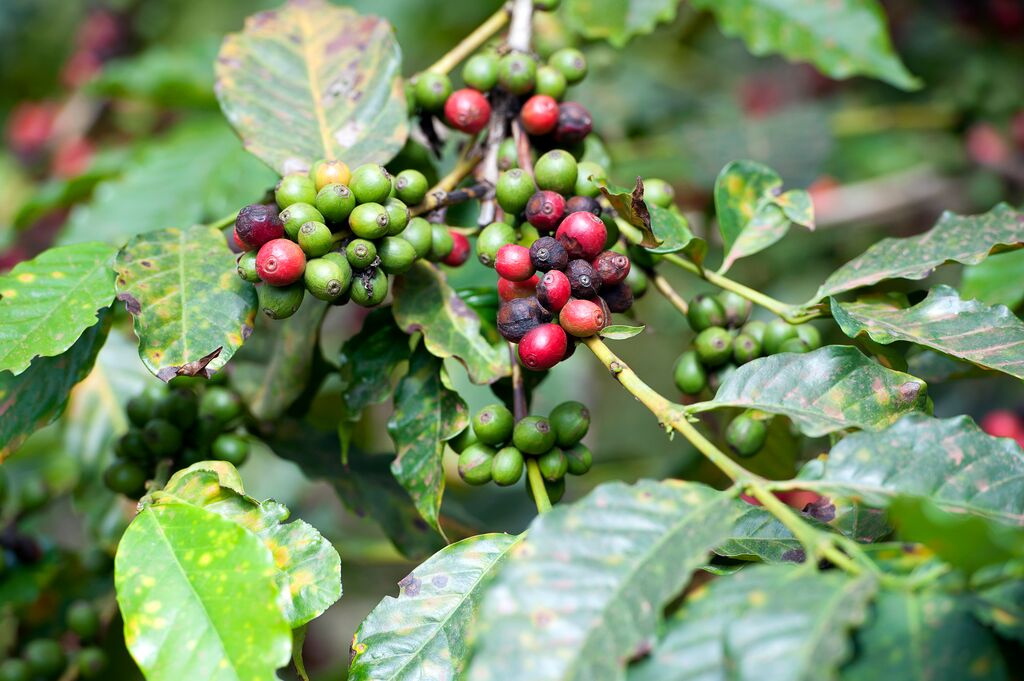
Both the genetics of the bean and the ecosystem in which it’s grown influence its taste: for instance, Arabica beans are considered premium and can only grow in specific conditions compared to Robusta beans which are more common, cheaper, and can be cultivated in more subtropical and equatorial climates.
The processing, roasting, and serving methods can either mitigate or enhance the bean’s unique characteristics.
Whether you’re searching for a truly gourmet coffee experience or if you’re interested in simply how different cultures brew a cup, put these three countries at the top of your wishlist.
Learn more: How the once-humble coffee bean conquered the world
You may also like: A glimpse inside a Tuscan wine dynasty
Indonesia
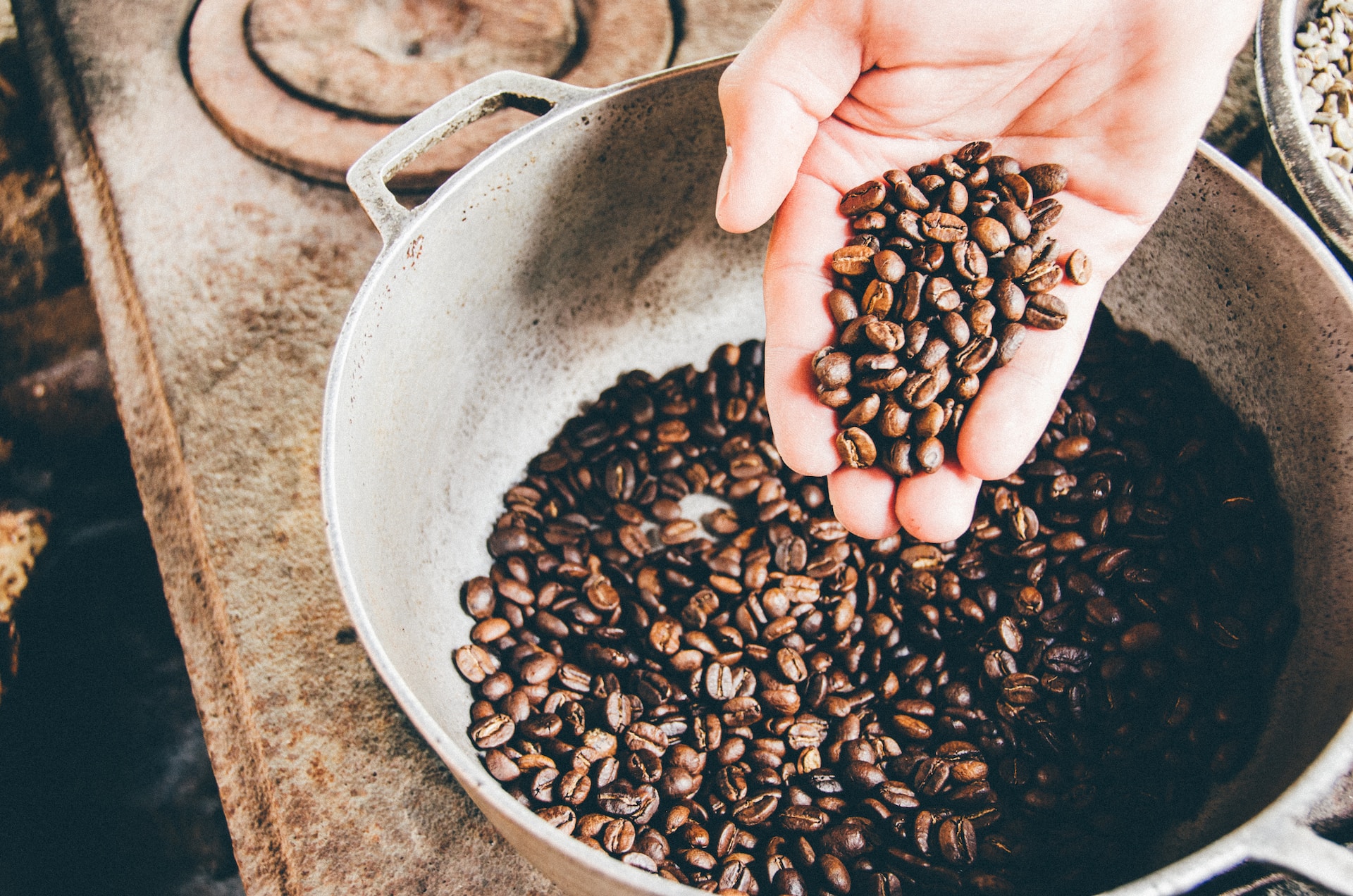
In Indonesia, they drink their coffee black.
If you’re someone who appreciates a little milk or cream, you may initially be unreceptive to this strong, bitter brew served as-is. But coffee from Indonesia, or “kopi” as it’s called locally, isn’t your average cup. Kopi Luwak is among the most expensive in the world and delivers an unrivaled coffee experience.
Kopi Luwak is considered one of the best coffees in the world. These beans are sustainably sourced in Indonesia, and while sustainable sourcing is common in other parts of the world, Kopi Luwak employs very specific help when choosing which beans to use.
An Asian Palm Civet is a mongoose-adjacent species that has an extremely discerning taste for coffee beans: they’ll only eat beans that are ripe which allows the producers to identify which of these beans will yield a chocolatey taste that’s far from bitter.
Whole Kopi Luwak beans aren’t cheap. This producer and roaster based in Britain may charge US$120 (£94, €110) for a 1kg bag. With these prices, it’s obvious why you’ll want to skip the cream and sugar to drink this brew as black as possible.
If you prefer a cup of tea, then you’ll love the private high tea experience available on Luxury Gold’s 13-day Imperial Rajasthan tour. This journey through India includes a private visit to a colonial bungalow where you’ll learn about the British Raj.
Colombia
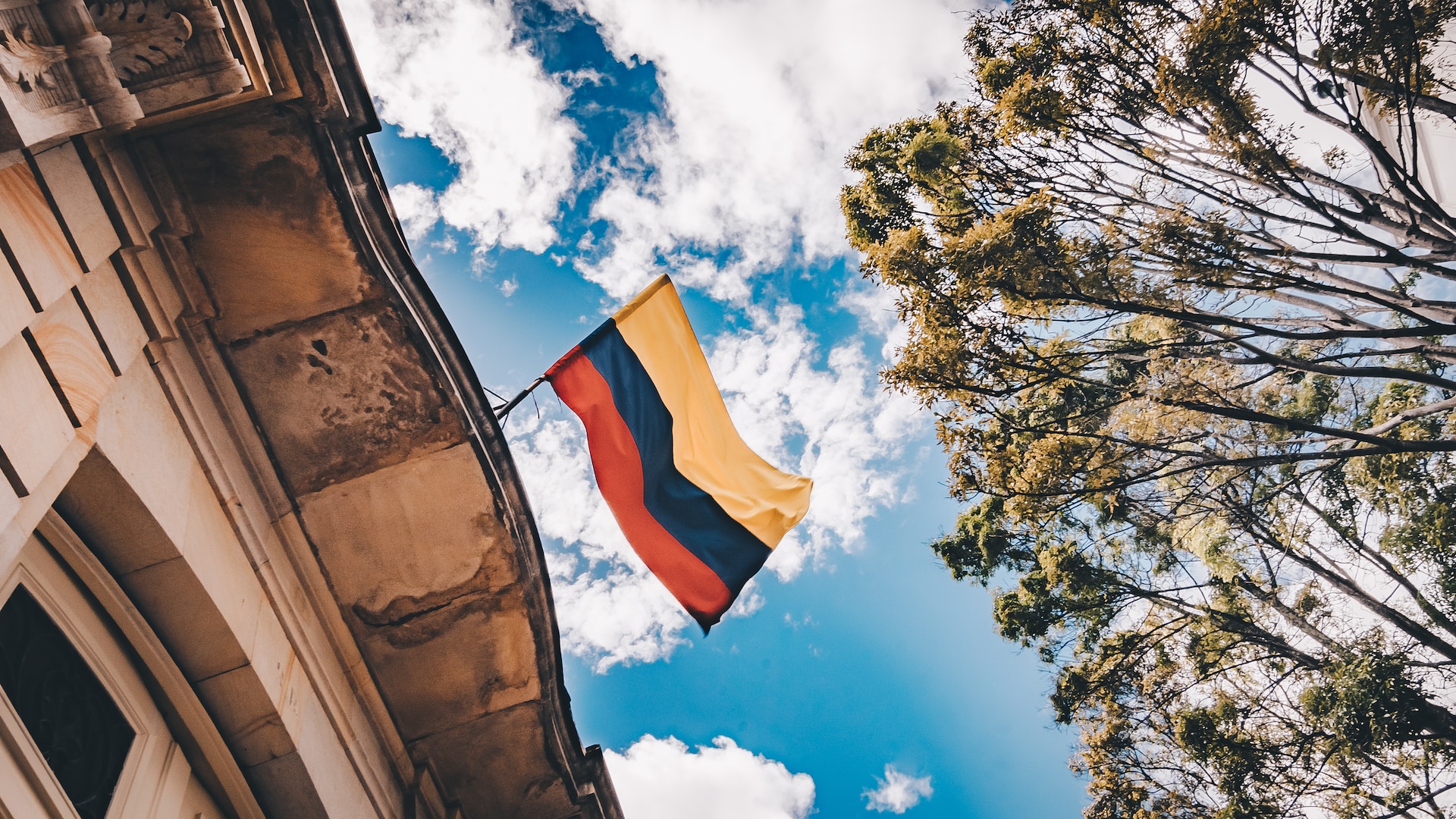
Colombian coffee is a heavyweight in the coffee industry. It’s the county’s main export and has been for centuries. While Colombia does have a region called the Coffee Zone that produces the lionshare of the country’s beans, the country’s landscape featuring different altitudes, temperatures, and precipitation means coffee producers can grow a variety of different flavors of beans throughout Colombia’s borders.
This is a country that adores its coffee like no other; there’s even a full theme park dedicated to the history, culture, and production of Colombian coffee called Parque del Cafe. You can’t go wrong with a cup from places like Cafe Jesus Martin, a producer in Salento that is championed even by fellow coffee growers. If you’re searching for an award winning coffee renowned around the globe, fellow Armenian grower Cafe San Alberto will deliver.

Like most Colombian coffees, Cafe San Alberto’s Arabica beans are well-balanced, light and flowery yet still a little acidic. Their pickers use a five-step process: first selected on the tree for ripeness and density then separated by weight, color, and size during the drying and threshing processes to ensure each cupping batch is roasted properly to deliver a serene mix of dark chocolate and caramel-like flavor.
Cafe San Alberto was the first Colombian coffee producer to receive the iTQi Crystal Taste Award, having won the iTQi Superior Taste Award three years in a row, adding to their World Food Fair Gold Medal and Land of Diversity award for most exotic Colombian coffee.
Get your fill of South American coffee when you book Luxury Gold’s Treasures of the Incas tour. Begin your mornings in Peru with fresh cups of coffee on this 12-day adventure that includes a Machu Picchu visit.
Thailand
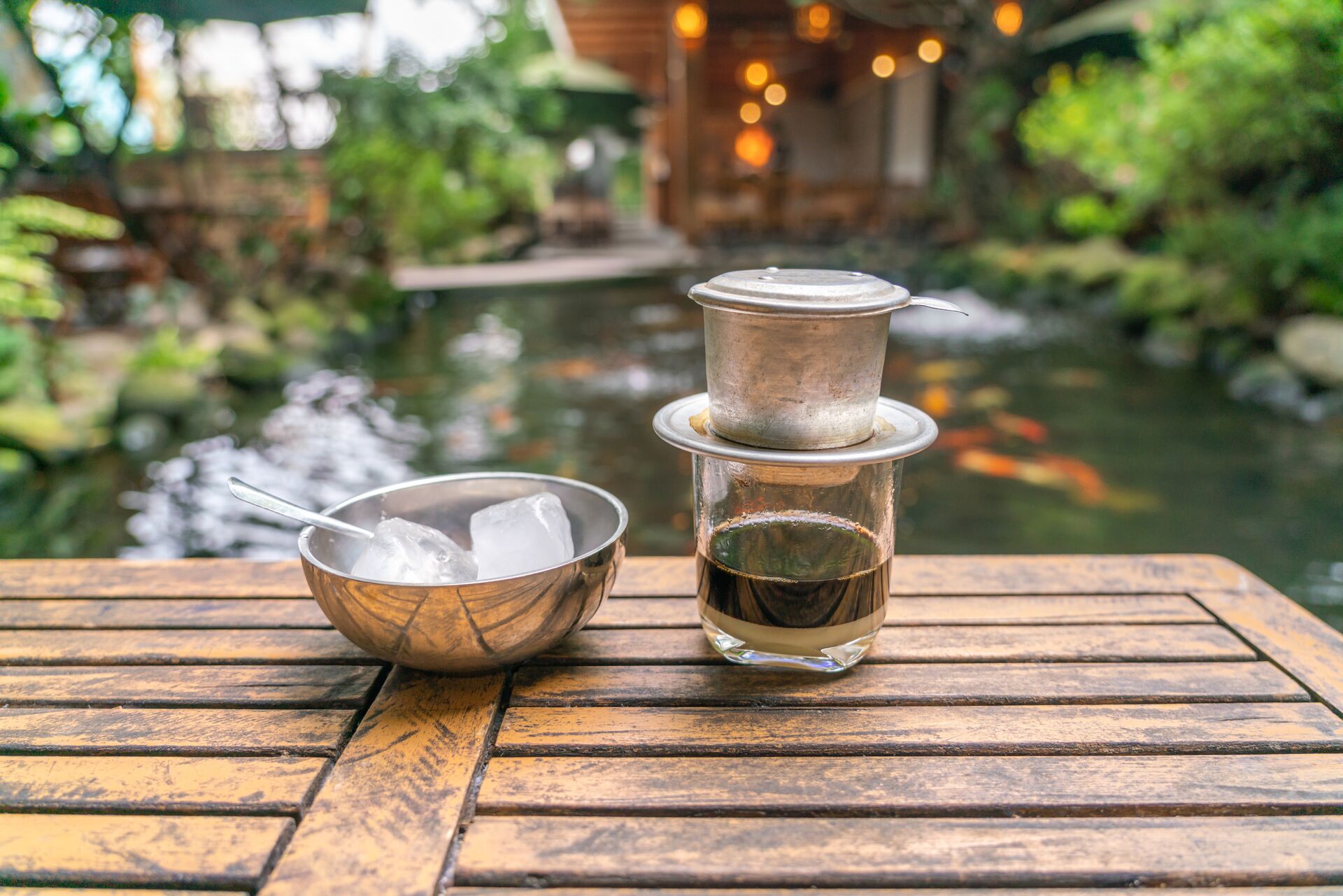
Indonesia’s not the only Asian country that gets a helping hand from wildlife for their award winning coffee. Thailand’s Black Ivory Coffee labels itself “the world’s rarest coffee”, sold only to specific five-star hotels and Michelin star restaurants, with only a small portion available for international purchase by the public.
What makes this coffee so unique? Its limited reserve is initially digested by elephants. Though the phrase “elephant dung coffee” doesn’t evoke images of the finest Thai Arabica beans, Black Ivory Coffee is exceptionally floral and less fruity than other blends. Some have equated its non-bitter taste to that of a cold brew coffee, though we suggest you try it hot.
The goal of Black Ivory Coffee is to foster the ethical treatment and protection of elephants; a lack of exploitation means a lack of product availability. This scarcity drives up the price, and if you’re lucky enough to find it in stock, expect to pay USD$2,500 (£1,964, €2300) for a 1kg box.
From Vietnamese iced coffee and egg coffee to fresh brews in Laos and Cambodia, Luxury Gold’s 16-day Inspiring Indochina tour covers 11 cities in 3 countries, each with opportunities for you to experience cafe culture at your leisure.
Read next: A gastronomic guide to Cape Town
Where does your favorite bean or blend of award winning coffee originate from? Let us know what you’re drinking in the comments below.




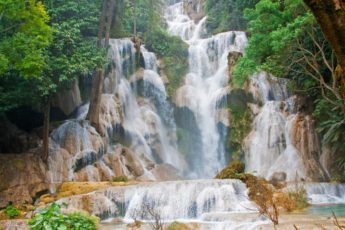
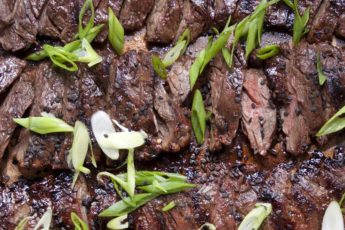
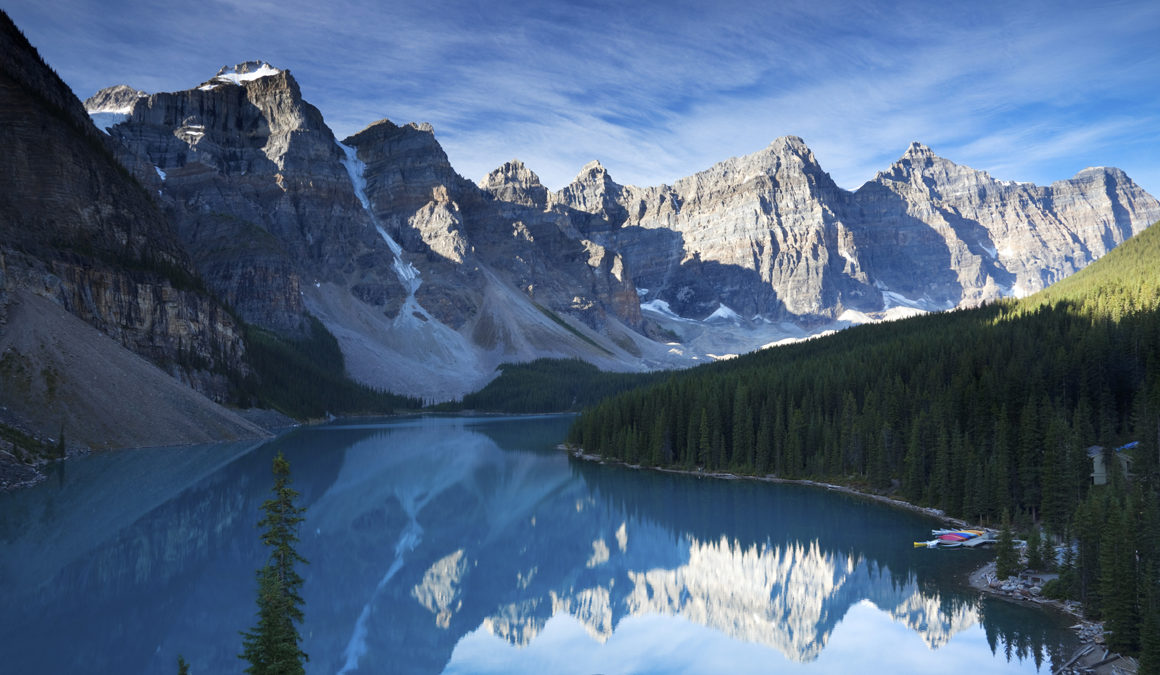
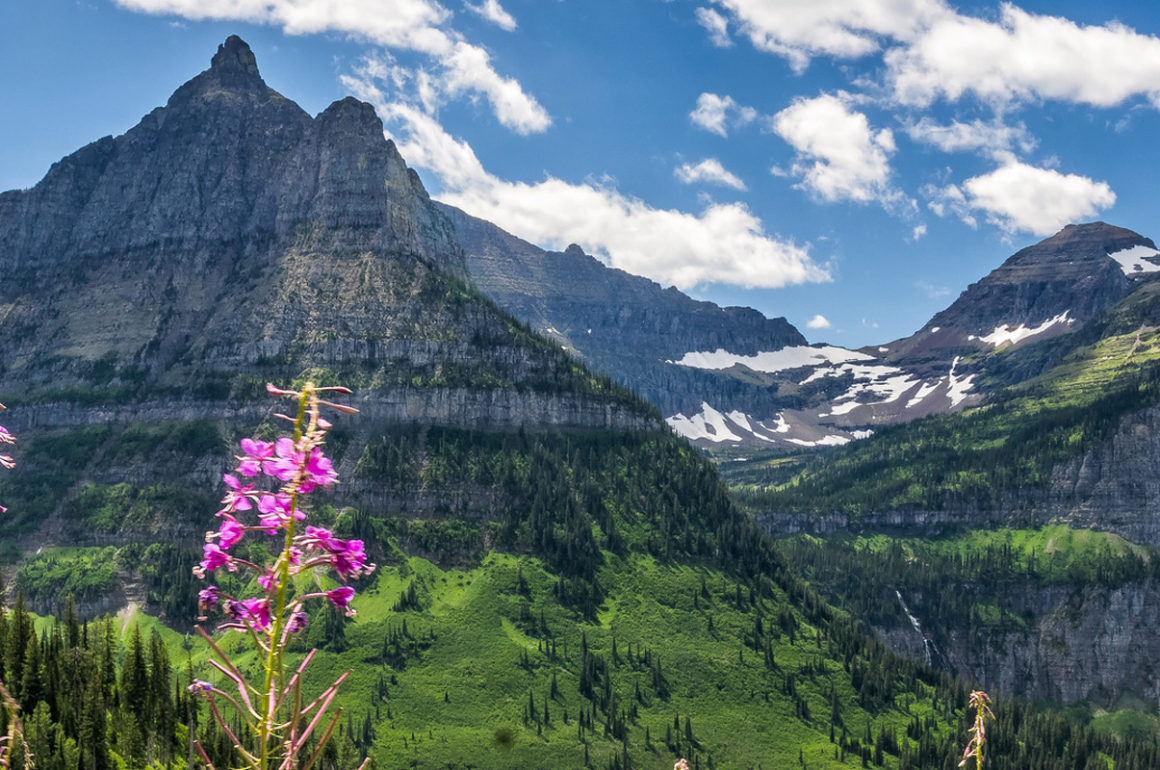
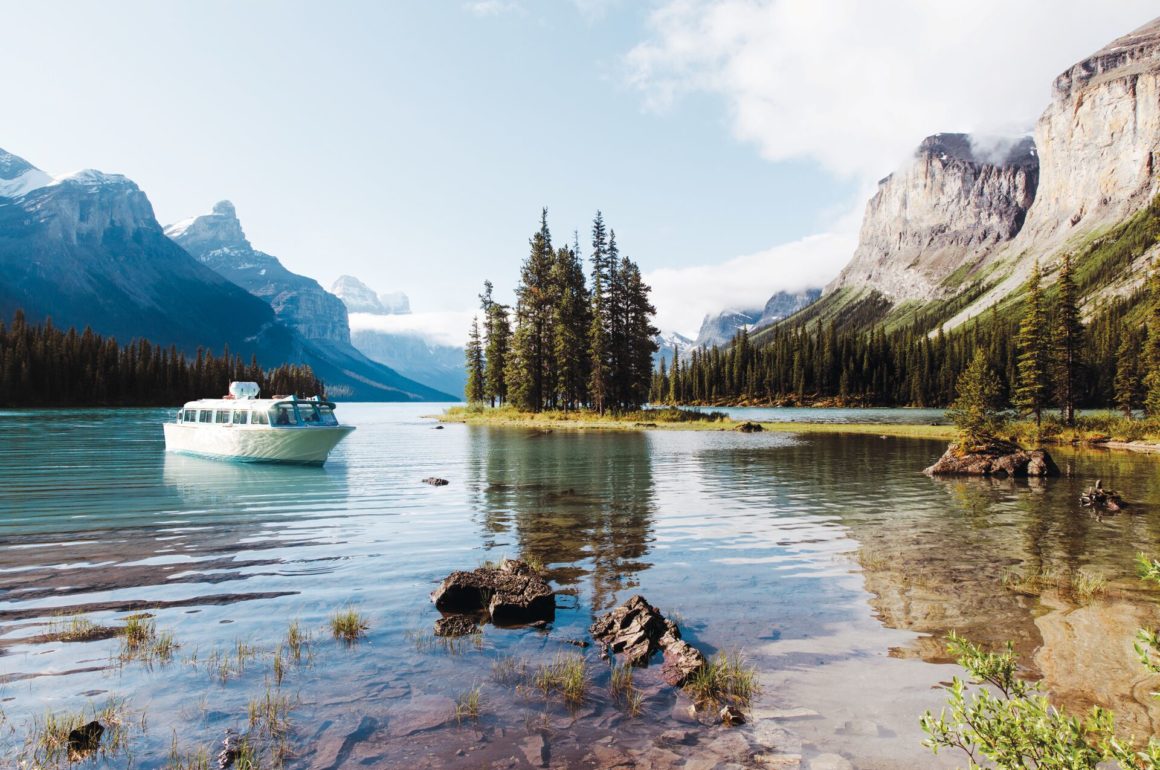
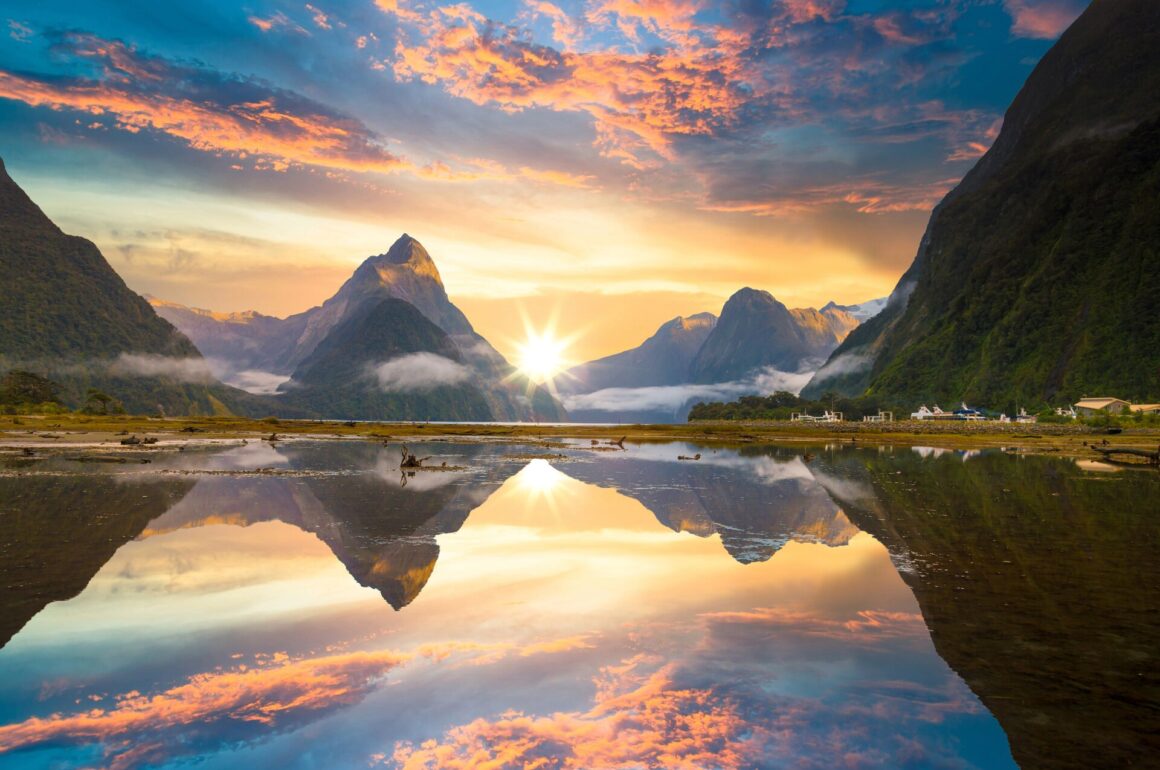
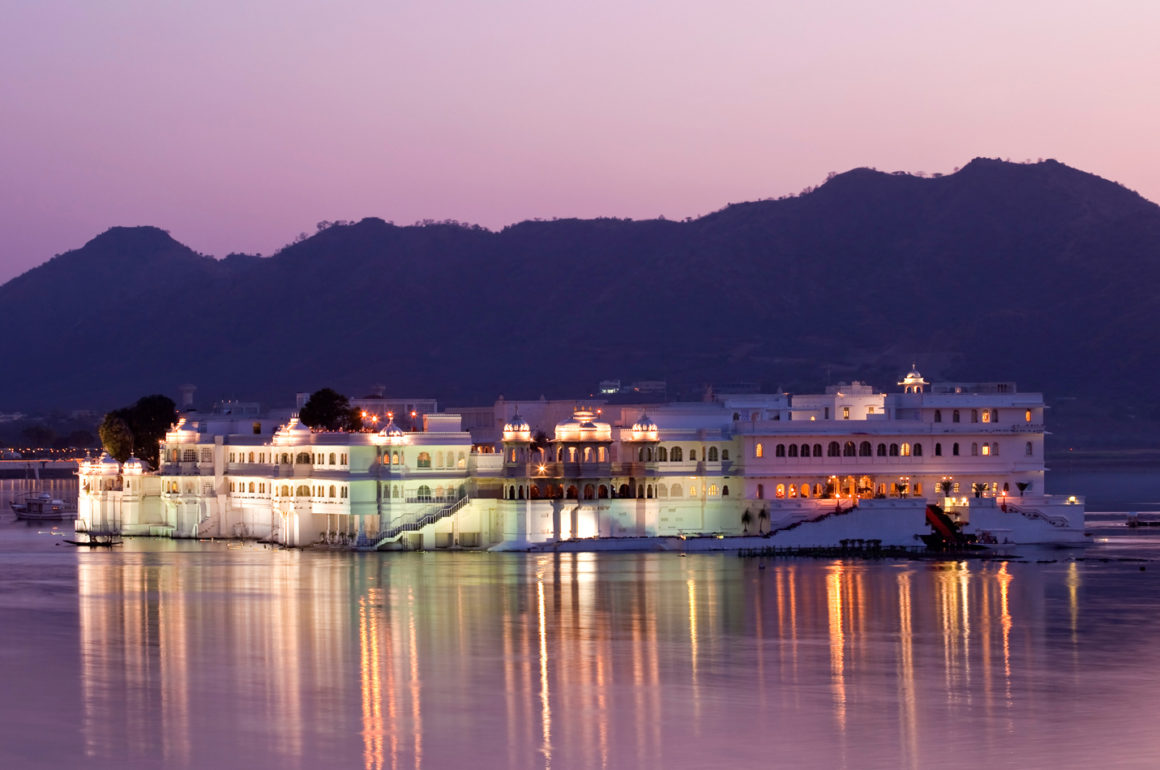
Leave a Comment